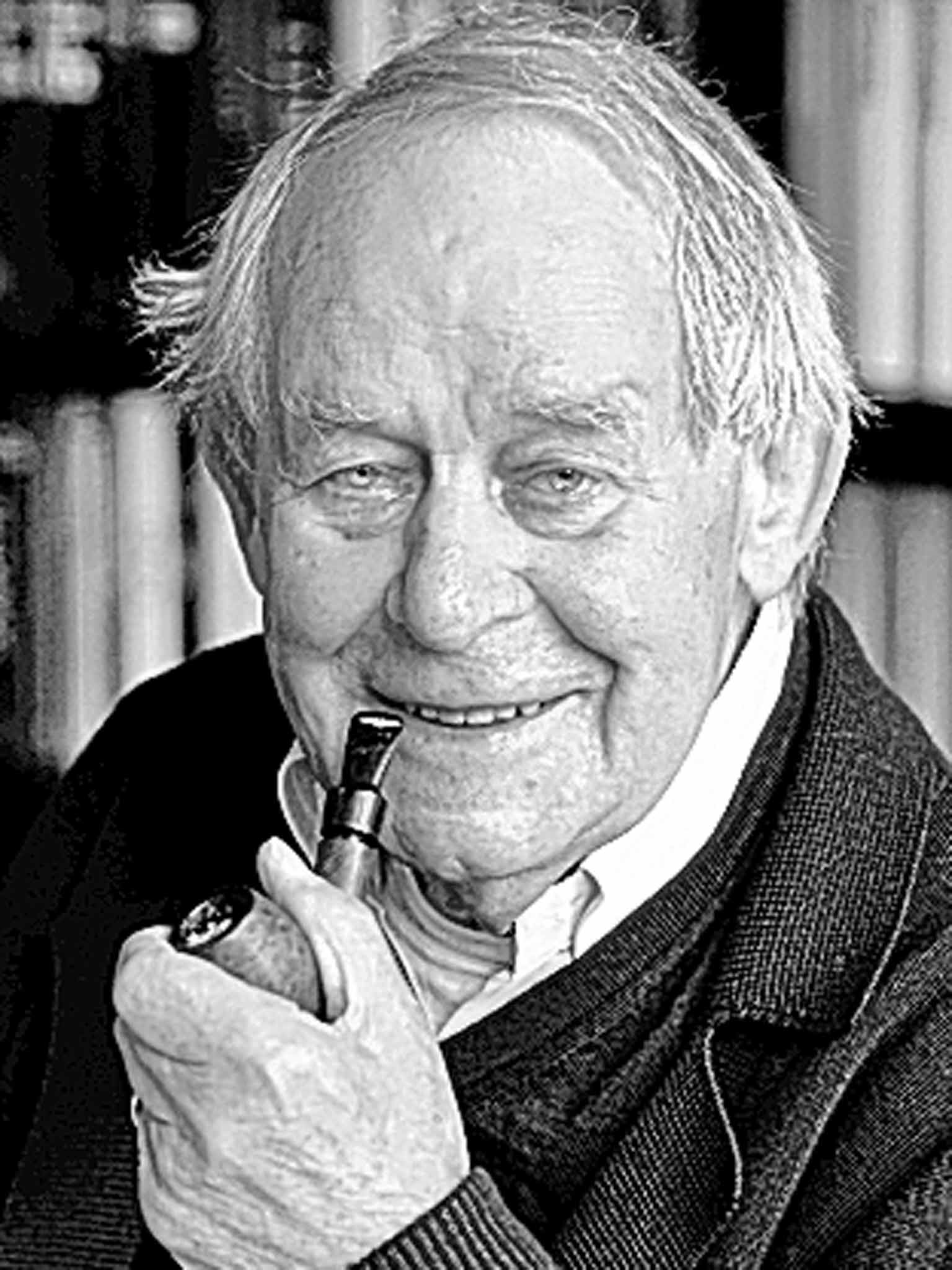Siegfried Lenz: Novelist and playwright who played a key part in the generation of writers who studied the rise of Nazism

Siegfried Lenz, who has died at the age of 88, was a novelist, essayist and playwright whose work made its biggest impact examining the rise of Nazism in his native Germany. He came to prominence after the Second World along with a generation of writers that included Heinrich Boll and Günter Grass.
His best-known work was probably his 1968 novel The German Lesson, which recounts the experiences of Siggi Jepsen, who attends a young man a school for juvenile delinquents and is told to write an essay on "The Joys of Duty." The essay grows into a book recalling how his father, a German police officer in a small coastal town during the war, was obsessed with enforcing an order to stop an artist, and old friend and a mentor to Siggi, from painting.
He was born in East Prussia, now Poland, in 1926, the son of a customs officer. When he left school he was drafted into the German navy. According to documents that came to light in 2007, he may have joined the Nazi Party in 1944, but he said he had been included in a collective "joining" along with other writers without his knowledge.
Shortly before the end of the Second World War he fled to Denmark, and was held briefly as a prisoner of war in Schleswig-Holstein. He then worked as a translator for the British army, and studied philosophy, English, and literary history at Hamburg University after the war.
After 1951 Lenz worked as a freelance writer in Hamburg, where he joined the Group 47 band of writers which encouraged democracy, free expression and an examination of Germany's Nazi era. Along with Grass, he became involved with the Social Democratic Party and championed the Ostpolitik of Willy Brandt which sought to normalise relations between East and West Germany.
Reviewing his 1981 novel The Heritage, the story of a rug weaver who preserves but later destroys relics in a museum, Salman Rushdie wrote in The New York Times that its theme was "the vast gulf between Germany's past and present: a gulf created by the Nazi's unscrupulous use of the idea of homeland, heritage and history to justify and legitimize xenophobia, tyranny and the doctrine of ethnic purity."
The critic Gerhardt Csejka wrote that Lenz as one of the German authors who saw it as his duty to help the German people "pay off the enormous debts", which "the Germans together with their honoured Führer had burdened themselves." Lenz himself saw it as his obligation to "take preventive actions against any danger of a reoccurrence."
Siegfried Lenz, writer: born Lyck, East Prussia (now Elk, Poland) 17 March 1926; died Hamburg 7 October 2014.
Subscribe to Independent Premium to bookmark this article
Want to bookmark your favourite articles and stories to read or reference later? Start your Independent Premium subscription today.

Join our commenting forum
Join thought-provoking conversations, follow other Independent readers and see their replies